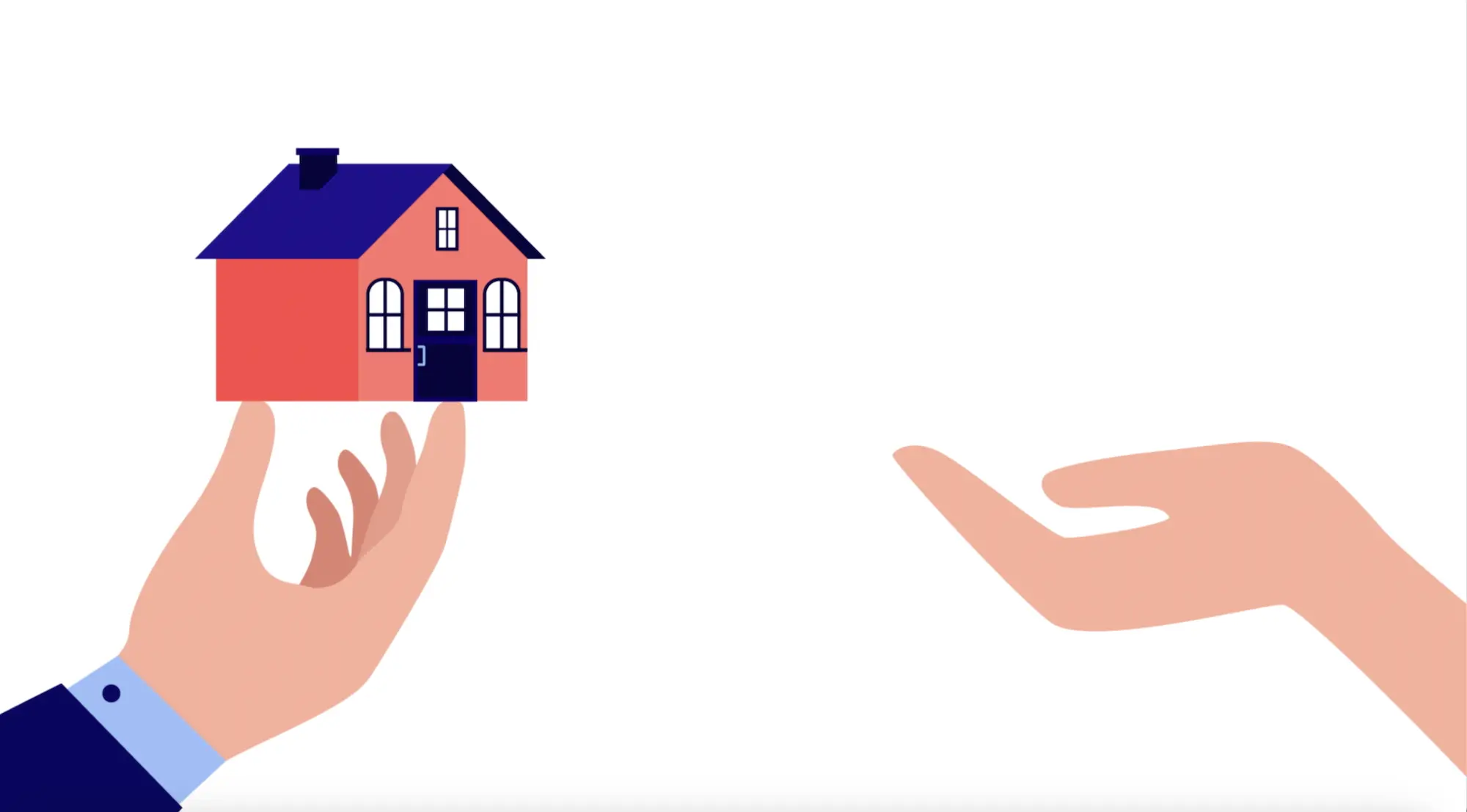
Home Buying Tips
Lessons From a First-Time Home Buyer: The Problem with Appraisal Gaps
Amazingly, when my wife and I recently purchased our very first home, the process couldn’t have gone smoother. Alas, that was not the case for our sister and brother-in-law. A day after they told us that their offer had been accepted on a house, they hit us back to say that the acceptance had since been rescinded as the owner feared an appraisal gap.
Now, you may be thinking 1) Wow! that’s pretty messed up and 2) what’s an appraisal gap? It’s a good question — and one I wasn’t 100% sure of the answer to until their experience. More importantly, if there is an appraisal gap, what does that mean for buyers?
Let’s take a look at some of the appraisal gap basics (and why my sister-in-law’s housebuying deal fell through as a result).
What to Know About Appraisal Gaps and the Homebuying Process
What is an appraisal gap?
As you might expect, an appraisal gap is something that can pop up as part of the appraisal process. If you’re financing a home, the bank will more than likely require an appraisal to ensure that the home is worth what you’re paying for it. After all, should you fail to make mortgage payments, they’ll want to seize your home and recoup their money. Sidenote: an appraisal is different from a home inspection, which is a service buyers will usually pay for to ensure there aren’t any hidden costly issues with the home they’re considering buying.
So, put simply, an appraisal gap is when a home appraises for less than the price that a buyer is set to pay for a house. With that in mind, what can prospective homebuyers do if this should happen?
What happens if there is an appraisal gap?
If an appraisal comes in below the price that a buyer is set to pay, there may be some adjustments needed. First, the buyer and seller may need to renegotiate a price that’s in line with the appraisal. If that’s a no-go, the buyer may have the option to pay the difference in cash. Essentially, this would be like increasing their down payment.
Another option that may or may not help is requesting another appraisal. For one, in order to get a second opinion, you’ll need to prove that the first was inaccurate for one reason or another. Of course, even if you do successfully lobby for a new appraisal, there’s still no guarantee that it will come back at the value you and the seller are looking for.
Should those options fail (or you decide ahead of time not to deal with them), the last option is to walk away from the deal. Granted, your ability to do this without consequence will depend on what’s in the contract you and the seller signed. Of course, if you haven’t yet signed a contract — which was the case with my family members — then you can walk away scott-free, aside from some potentially hurt feelings.
Why was the seller in my story afraid of an appraisal gap?
While I can’t say for sure what about the home was leading the seller to worry about it not appraising, I can assume that the reason she called off the deal early is that she was afraid she’d have to come down in price. As for why she (verbally) accepted the offer in the first place… that’s something we’ll never know. Perhaps once she realized that my sister and brother-in-law wouldn’t be able to put up the money to fill the gap, she decided to hold out for a cash offer instead — or at least someone who is able and willing to make up the difference in cash.
As disappointing as this experience was for our family members, after learning more about what an appraisal gap is, it’s probably a good thing that they never actually went under contract on the home. If they had and there was indeed a gap, it could have further complicated the matter — including possibly forcing them to put up more initial cash than they intended to or had available. So, while an appraisal gap might not be an issue for many real estate transactions, it’s at least something that potential homebuyers should be aware of and protect themselves against as they undergo their homebuying search.








